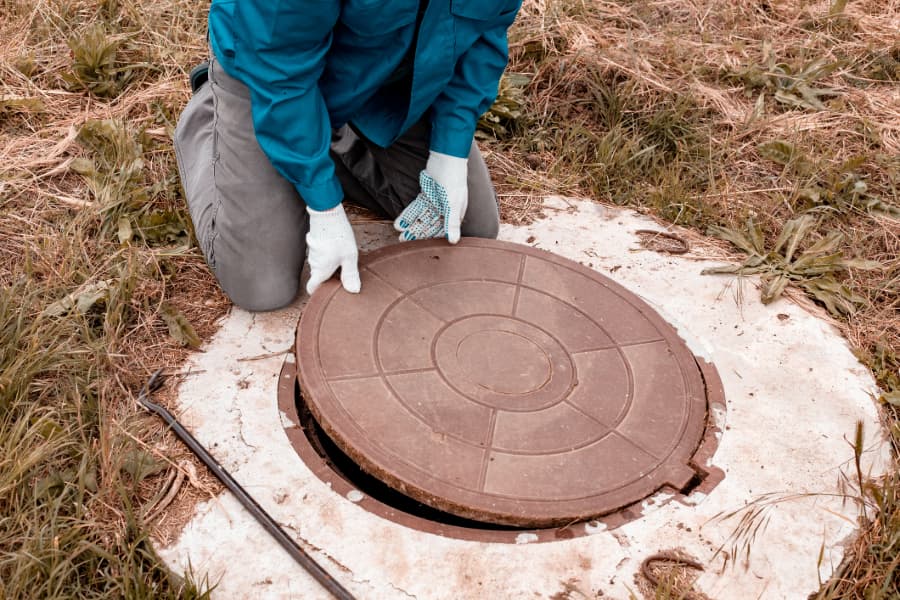
A professional septic system inspection ensures a unit performs as it should, helping to keep your residence, health, and environment safe. This service can help detect septic issues early, allowing homeowners to address them promptly. Here, the team at C & H Disposal Service, Inc. further explains what occurs during this crucial home maintenance practice.
Septic System Inspection Steps
A professional inspector should examine a septic system whenever someone buys or sells a residence. These checks should also take place frequently during homeownership. The New Jersey Department of Environmental Protection (NJDEP) recommends getting a professional septic system inspection every one to three years. The time an inspection takes depends on a property’s size, septic system complexity, and local regulations. Generally, the steps in this process include:
Performing a Visual Inspection
When an inspector arrives at a home, they’ll locate its septic tank. If the access point is underground, they can use property records or health department maps to find it. They’ll then dig a permitter around the tank and, if necessary, remove any dirt covering it. They’ll then open its entry point cover and look over the system, checking for issues such as:
- Problems with the tank’s filter
- Cracks or leaks in the tank
- The level of settled solids and grease inside the tank
- The condition of the baffles, structures that separate solids and wastewater in the tank
- Any clogging or damage to a distribution box if it’s one of the tank’s components
Checking Water Flow and the Drain Field
An inspector will then conduct a water flow test through the plumbing system to see if wastewater moves appropriately. During the test, they’ll look for any issues in structures that connect a residence, septic tank, and drain field. They’ll also review the drain field for standing water, highly soggy areas, or unusual vegetation.
Producing a Final Report
After completing their work, an inspector will give the homeowner a report of what they observed during the assessment, including any issues they noticed. If necessary, the professional will offer suggestions for fixing septic system maintenance issues, such as:
- Having the tank pumped if the system isn’t working at its maximum efficiency
- Performing a perc test to further assess the drain field’s ability to absorb water
- Removing tree roots that can interfere with the system’s operations
- Repairing cracks or damages within the tank
- Treating baffle problems
- Replacing the septic tank if needed
For systems that are working well, maintenance tips an inspector may recommend until the next septic system inspection could be:
- Avoiding driving or parking a vehicle over a septic tank or drain field
- Conserving water
- Disposing of cooking oils and grease properly
- Maintaining a record of any time a system is inspected or pumped
- Not flushing hazardous materials like bleach or paint
- Planting shrubs and trees far away from a drain field
Book a Professional Septic System Inspection with C & H Disposal Service, Inc.
A septic system inspection is an essential home maintenance procedure. Make sure to have a professional do the job to get it done right. Schedule an inspection from C & H Disposal Service, Inc., serving South New Jersey. We’ve been included in the “Best of Salem County” for several years and strive for quality customer service. We provide cleaning, installation, repair, and septic inspections for real estate transactions. Additionally, we also offer portable toilet rentals. Contact us today to book a septic system inspection or to learn more about our services.
